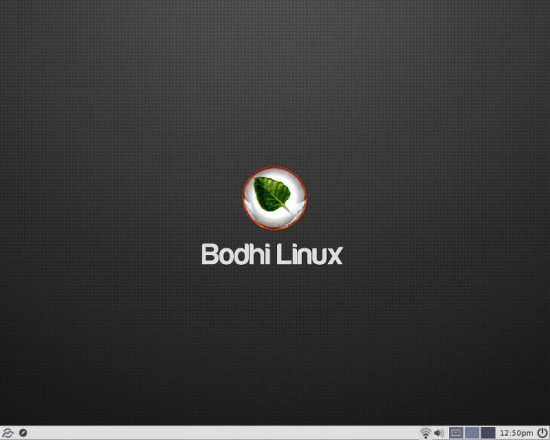FOSS Week in Review
While Larry’s on the West Coast, where it’s never too hot nor too cold, on a brief educational sabbatical, burning the midnight oil while cramming to increase his Linux skills, I’m in North Carolina where it’s not often too cold — at least in my part of the state — but where in summer heat and humidity conspire to make life miserable for homo sapiens. Thankfully, September has arrived, so we’re hopeful that the temps and moisture will soon drop to tolerable levels.
 Meanwhile, in the world of free tech…
Meanwhile, in the world of free tech…
Elementary OS steps up: Not quite four months after the release of version 0.3.0 Freya, the folks at elementary have announced the release of 0.3.1. Although this is officially a minor point release, it does come packed with changes that should make it a must-install for elementary users. Included in the update: Version 14.04.3 of Ubuntu’s Hardware Enablement stack, improvements to the interface in Files, and the latest and greatest version 0.5.11 of the Midori browser.
Christine Hall has been a journalist since 1971. In 2001, she began writing a weekly consumer computer column and started covering Linux and FOSS in 2002 after making the switch to GNU/Linux. Follow her on Twitter: @BrideOfLinux



 Although some have been trying to sound the alarm, many of us have been lulled into complacency brought by a belief that Microsoft is no longer a real threat and that we are now free to concentrate all of our energies on growing Linux and FOSS, which is basically all we’ve wanted to do.
Although some have been trying to sound the alarm, many of us have been lulled into complacency brought by a belief that Microsoft is no longer a real threat and that we are now free to concentrate all of our energies on growing Linux and FOSS, which is basically all we’ve wanted to do. The good guys and gals at Linux Mint are on a roll, with three long-term support (LTS) releases in a row. It all started back in May of last year, with the release of 17.0, called Qiana, followed in January by
The good guys and gals at Linux Mint are on a roll, with three long-term support (LTS) releases in a row. It all started back in May of last year, with the release of 17.0, called Qiana, followed in January by  The Bodhi development folks have been busy bees since lead developer Jeff Hoogland returned to retake his place beneath the Bodhi tree. First, there was the release of version 3.0.0 back in February. Then, a couple of weeks ago came the release of 3.1.0. Although this might be supposed to be a “minor” point grade release, it’s a “big deal” according to the distro’s website. Why? Because it introduces a new desktop called Moksha.
The Bodhi development folks have been busy bees since lead developer Jeff Hoogland returned to retake his place beneath the Bodhi tree. First, there was the release of version 3.0.0 back in February. Then, a couple of weeks ago came the release of 3.1.0. Although this might be supposed to be a “minor” point grade release, it’s a “big deal” according to the distro’s website. Why? Because it introduces a new desktop called Moksha.
 Learning of this, and being a big Bodhi fan, I was eager to download and install this new version to take the newly forked desktop for a spin, which I did earlier this week.
Learning of this, and being a big Bodhi fan, I was eager to download and install this new version to take the newly forked desktop for a spin, which I did earlier this week. On Saturday the popular desktop environment GNOME turned eighteen. Always looking for an excuse for chocolate cake and ice cream, this is a birthday I celebrated, even though I’m not a user.
On Saturday the popular desktop environment GNOME turned eighteen. Always looking for an excuse for chocolate cake and ice cream, this is a birthday I celebrated, even though I’m not a user. I haven’t seen this much hype since…well, since the last time Redmond came out with a new version of Windows.
I haven’t seen this much hype since…well, since the last time Redmond came out with a new version of Windows.


 We’ll start with the home user.
We’ll start with the home user.
